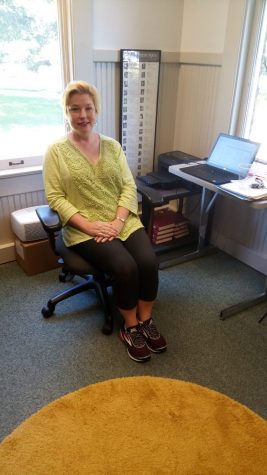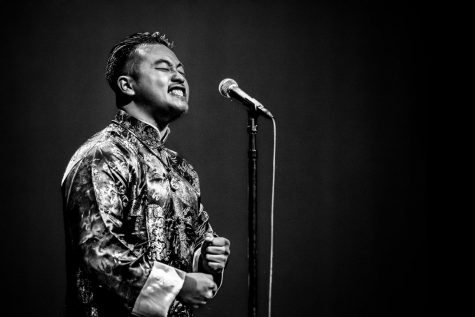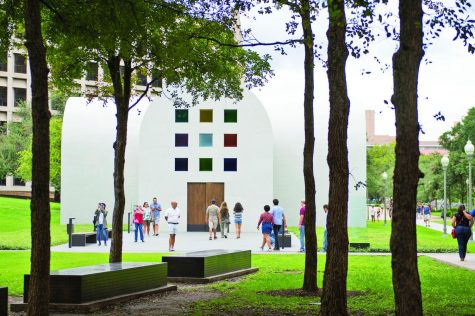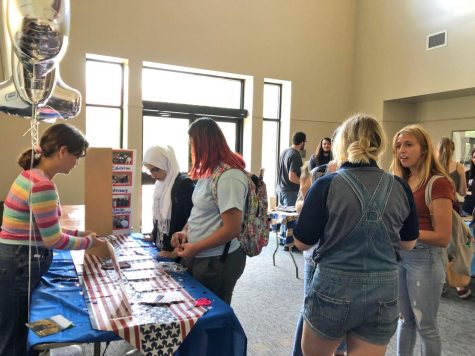Options available for victims of abuse
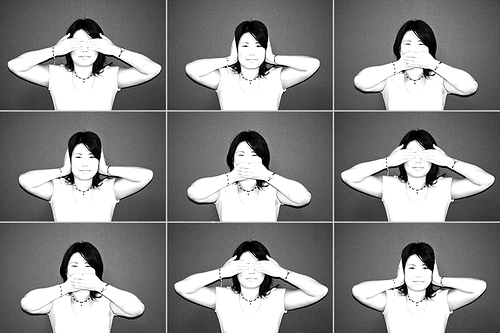
Three out of four Americans know someone who has been abused in some way.
In the United States, one in four women have experienced domestic abuse in her lifetime, and nearly three out of four Americans personally know someone who is or has been a victim of domestic abuse.
With October being Domestic Violence Awareness Month, many are speaking out against this issue.
Abuse is a complex psychosocial problem that affects large numbers of people worldwide. Types of abuse include physical, sexual, verbal, psychological, emotional and intellectual abuse.
According to anti-violence organization DamnViolence.com, the costs of abuse to society run into billions of dollars annually in the U.S. alone. They include not only the direct costs of immediate medical and psychiatric treatment, but also the indirect costs of learning difficulties, interrupted education, workplace absenteeism and long-term health problems.One way to protect yourself from potential violent situations is through the Rape Aggression Defense program, or RAD, which teaches women options for any confrontation they might face.
“It’s a natural reaction for anyone to fight back,” said Officer Alice Gilroy, director of RAD. “We teach them how to do that.”
Gilroy says that 88 percent of rapes are “acquaintance rapes,” meaning that the victim knows—and most likely trusts—the assaulter.
“Alcohol is the drug of choice to incapacitate women so that rapists can get them where they want and take advantage of them,” said Gilroy. “The number one way to escape a rape is to run away, and the number two way is to fight back. Fight back until you can run away.”
The RAD program is a nationwide series of courses taught primarily in universities and school. There is also an RAD program for children and for men, though these classes are not currently provided through St. Edward’s University Police Department.
“The problem is we don’t have the funds for training,” said Gilroy.
The RAD program gives women options for any confrontation they might face. In the class, women are taught techniques they practice on trained men in padded uniforms.
“RAD training costs $400, and the next class will be in the next few months,” said Gilroy.Students, faculty or staff who might need help coping with the emotional stress of any kind of abuse may make an appointment with the university’s Counseling and Consultation Center. The center is staffed by psychologists, doctoral students and a consulting psychiatrist in order to give students the best treatment possible.
Appointments may be made over the phone or in person. The Counseling and Consultation Center is located on the first floor of Johnson Hall and is open to registered St. Edward’s students.
There are also many programs and organizations that seek to help surviving victims of violence through financial assistance. The Regaining Ones Self Esteem Fund is a national non-profit organization based in Boston and chartered to break the silence and the cycle of domestic violence. One of the services it provides is a scholarship to help victims of abuse regain self-esteem and continue to succeed.
The Women’s Independence Scholarship Program, or WISP, was also created to help formerly battered women overcome barriers to receive the education necessary becoming employable and financially stable.
“The objective of the Women’s Independence Scholarship Program is to help survivors of intimate partner abuse obtain an education that will in turn offer them the chance to secure employment, personal independence and self sufficiency,” according to the program’s Web site.
There is also the Domestic Violence Resource Center, which works to help victims get what they need when they need it.
“We serve all individuals and families who have experienced domestic violence. In providing our services we do not discriminate on the basis of age, gender, race, color, ethnicity, national origin, religion, marital status, sexual orientation, sexual/gender identification, disability or any other characteristic protected by law,” according to the center’s Web site.
One of the services this organization sponsors is the Survivor Empowerment Fund. This fund is operated by gift card and monetary donations, for which domestic violence victims may apply.
It is important for survivors of domestic violence, or any kind of abuse, to not feel alone. There are resources both on and off campus to help with physical and emotional stress. If the resource needed is not available on campus, UPD or the Counseling and Consultation Center will surely direct survivors to the appropriate resources and be with them every step of the way.


